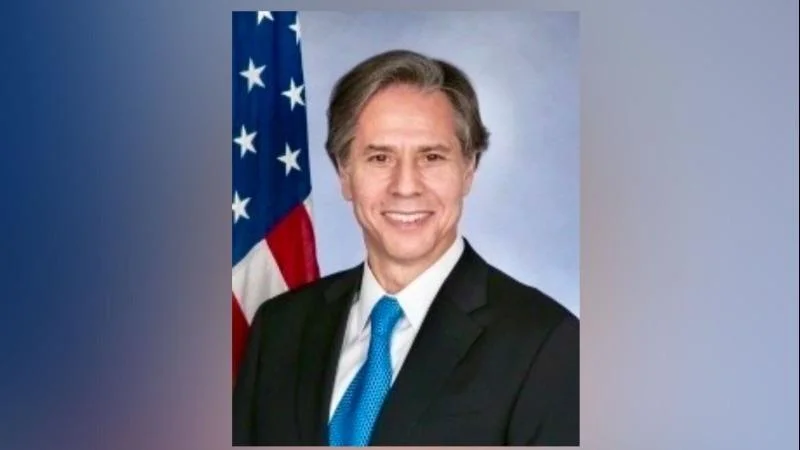Japan and the United States convened the third annual Japan-U.S. Energy Security Dialogue on December 12 in Tokyo. The meeting involved key figures such as Japanese Ministry of Economy, Trade and Industry Director General Kihara Shinichi, Ministry of Foreign Affairs’ Economic Affairs Bureau Director General Katahira Satoshi, and U.S. Department of State Assistant Secretary for Energy Resources Geoffrey Pyatt. Discussions focused on enhancing cooperation to strengthen energy security, expedite the clean energy transition, and diversify supply chains for critical minerals and clean energy technologies.
The dialogue addressed geopolitical issues impacting global energy markets, including Russia's ongoing aggression against Ukraine since October 2022, which has significantly damaged Ukraine's power infrastructure. Both nations reaffirmed their support for Ukraine amidst these challenges.
In response to current geopolitical developments affecting global energy markets, both countries emphasized their commitment to maintaining a stable energy market. The U.S. Department of State and Department of Energy reiterated their support for Japan’s energy security by ensuring a reliable supply of liquefied natural gas (LNG) while minimizing methane and carbon emissions across the fossil fuel value chain.
Both countries reaffirmed their commitment to implementing the Global Methane Pledge (GMP), emphasizing the need for robust partnerships between fossil fuel producers and consumers. They welcomed outcomes from recent conferences that highlighted efforts to reduce emissions from the fossil energy sector.
Recognizing climate change as an existential threat, Japan and the United States aim to lead global responses by achieving net-zero emissions while fostering economic growth and energy security. This involves leveraging legislative frameworks like Japan’s GX Promotion Act and U.S.'s Inflation Reduction Act to decarbonize economies, create jobs, improve competitiveness, enhance energy security through clean technology development, and build resilient supply chains.
The dialogue also highlighted initiatives like the Clean Energy Demand Initiative (CEDI) aimed at increasing private sector investment in clean energy within the Indo-Pacific region. It was noted that growing demand from artificial intelligence presents new opportunities for clean energy deployment.
Japan and the United States pledged cooperation on critical mineral projects through initiatives like Minerals Security Partnership (MSP) to establish diversified supply chains that bolster economic security. The dialogue recognized strong supply chain linkages between Japanese midstream companies with U.S end-users firms.
Furthermore, they acknowledged progress under programs such as Japan-U.S Mekong Power Partnership (JUMPP), which supports clean energy integration in Southeast Asia through technical analysis and renewable technology deployment over five years.
The meeting concluded with both nations confirming their commitment to continue this Energy Security Dialogue at a senior level in 2025.





